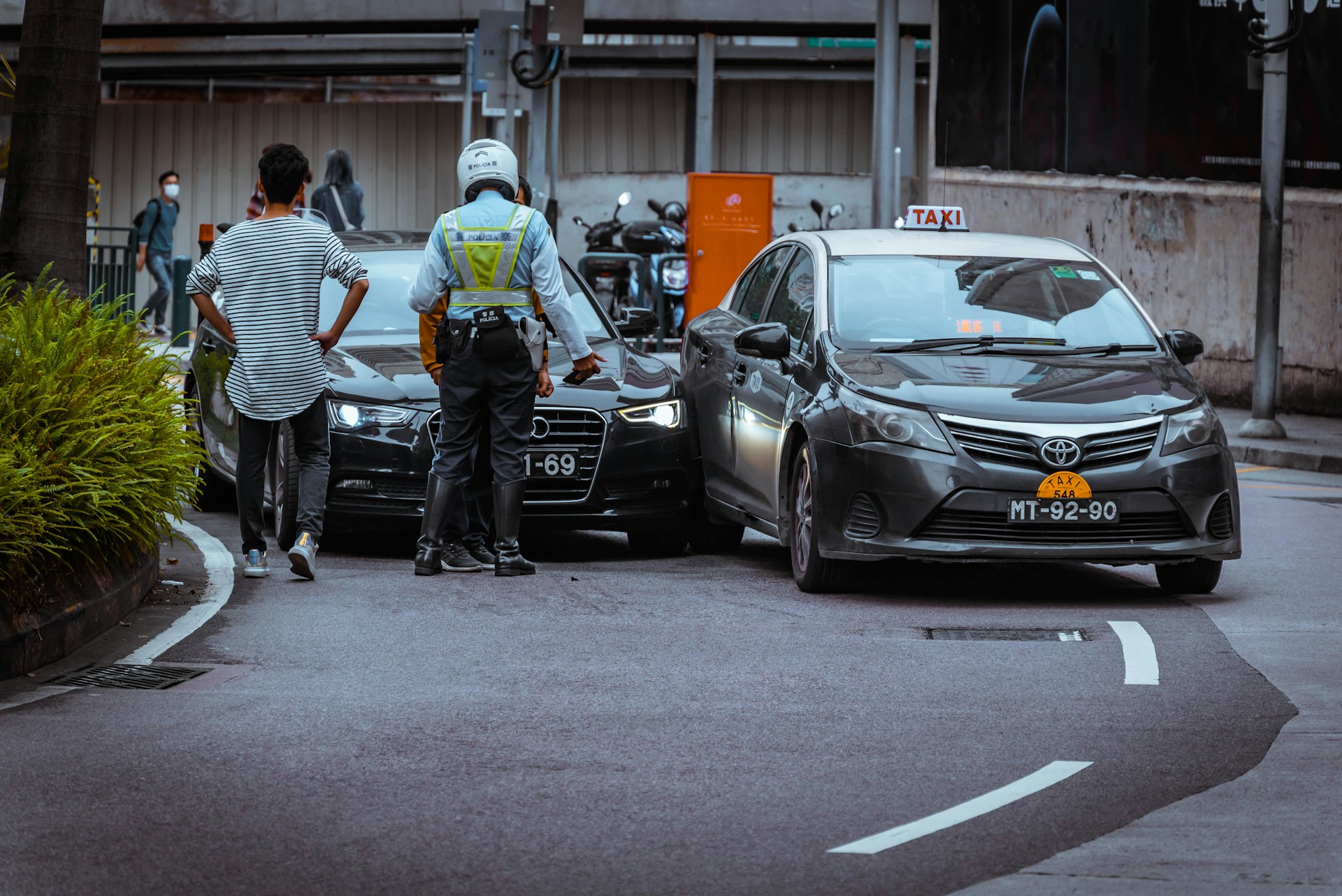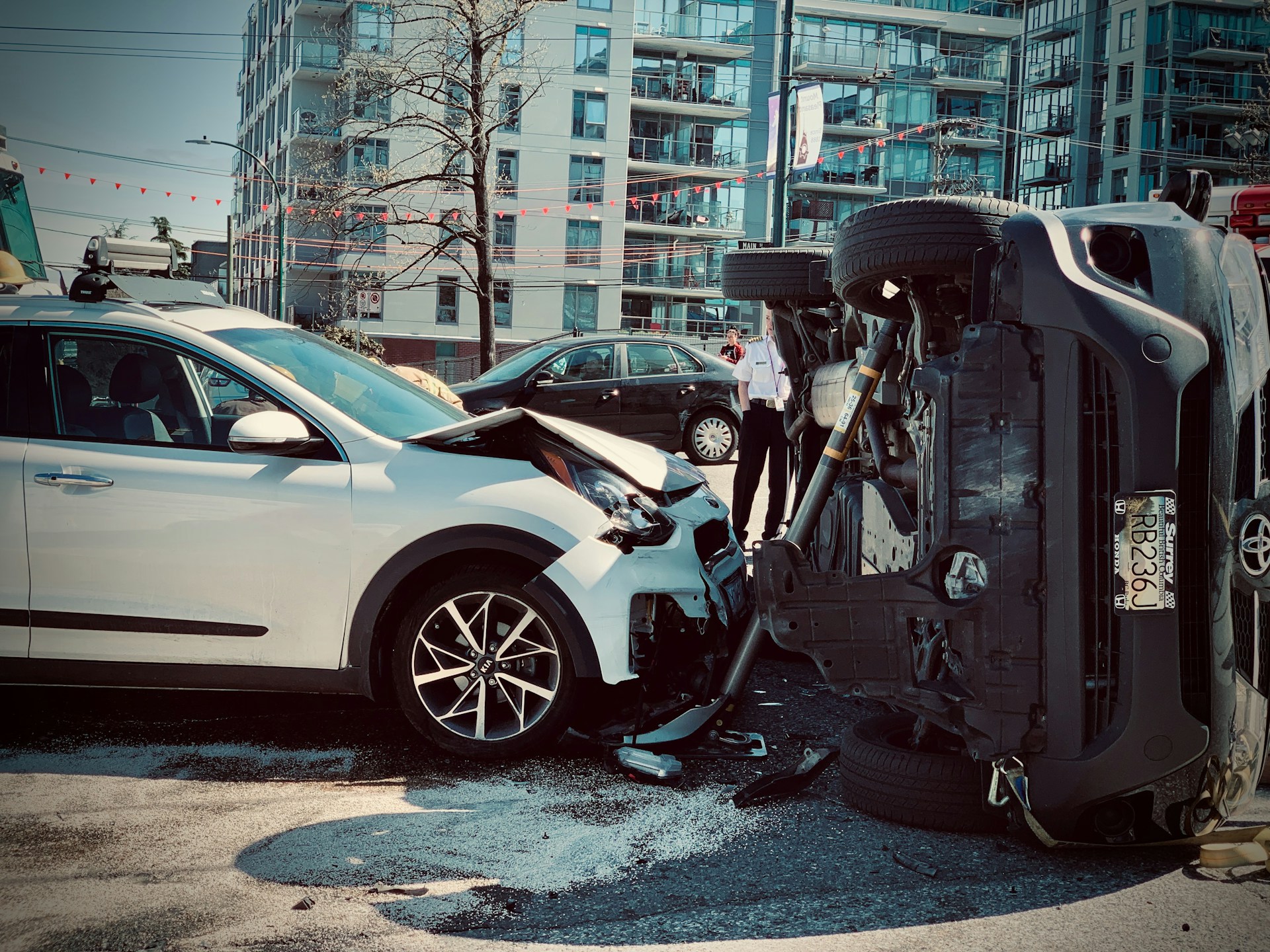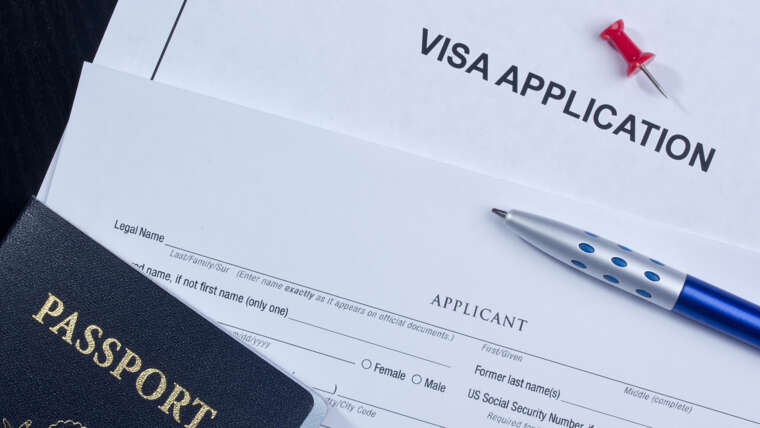
Accidents happen in an instant, and when you are a passenger in someone else’s car, the aftermath can feel confusing. You are left dealing with injuries, medical bills, and questions about who is responsible. Unlike drivers, passengers usually have no control over what caused the crash, but they still bear the physical and financial burden. Knowing the right steps to take can help protect your health, your rights, and your potential claim for compensation.
Table of Contents
Prioritize Immediate Medical Care
Your health is the most important priority after a car accident. Even if you feel fine, adrenaline can mask injuries that may surface later. Seeking prompt medical attention not only ensures you receive the care you need but also creates a documented record of your injuries. Medical records serve as critical evidence if you need to pursue a claim later. Emergency responders at the scene may recommend hospitalization, but even if they don’t, schedule a thorough check-up within 24 hours. Soft tissue injuries, whiplash, or internal trauma might not show symptoms immediately, but can become serious without treatment.
Report the Accident to the Authorities
Once medical needs are addressed, the next step is to make sure the accident is properly documented by law enforcement. A police report provides an unbiased account of the incident, including statements from drivers and witnesses, as well as officer observations. This record plays a vital role in insurance negotiations and any potential lawsuit. Passengers should request a copy of the report as soon as it is available. Having this document allows you to reference details accurately when communicating with insurers or attorneys, reducing the chance of disputes about how the collision occurred.
Gather and Preserve Evidence
Evidence begins to fade quickly after an accident, so it’s essential to act while details remain fresh. Take photos of the accident scene, vehicle damage, skid marks, and visible injuries. Collect the names, phone numbers, and insurance information of all drivers involved, along with contact information for witnesses. If another vehicle caused the collision, this information will be especially valuable. As a passenger, you might not think your perspective matters, but your testimony often helps establish the chain of events. Keep all medical receipts, treatment records, and communication with insurance companies organized, as these documents will strengthen your claim. Securing this evidence early gives your legal team the best chance to build a strong case.
Understand Insurance Coverage Options
Passengers often feel uncertain about which insurance policy will cover their injuries. In most cases, you may file a claim against the at-fault driver’s insurance, whether it is the driver of your car or the other vehicle involved. If multiple drivers share fault, you may be entitled to compensation from both insurers. Some states also allow passengers to rely on their own health insurance or personal injury protection (PIP) coverage for medical expenses. These policies can help cover immediate costs while liability is determined. Navigating overlapping insurance policies can be complex, which is why many passengers seek legal guidance to ensure they pursue every available option. By exploring each coverage avenue, you increase the likelihood of full compensation for your losses.
Consult With an Experienced Attorney
Legal representation can make the difference between struggling with medical debt and securing the resources you need for recovery. A skilled attorney will evaluate the circumstances of the crash, identify all liable parties, and negotiate with insurance companies on your behalf. Many Uber and Lyft passengers do not realize that they may qualify for compensation covering medical expenses, lost income, and long-term suffering, but these claims require careful handling. To better understand your rights, you can schedule a free consultation with Uber and Lyft lawyers at https://westcoastuberlyftaccidentlawyers.com/ who specialize in these cases, and then focus on your recovery while they handle negotiations. This step ensures that your claim is backed by experience and knowledge of complex rideshare liability laws.
Protect Your Long-Term Recovery
The days and weeks following a car accident are critical not just for your health but also for your financial stability. Following all medical advice, attending follow-up appointments, and adhering to treatment plans demonstrate that you are serious about recovery. Insurance companies often look for gaps in treatment to downplay the extent of injuries. Keep detailed notes about your physical condition, emotional struggles, and the impact of the accident on your daily life. These records can be powerful evidence if your case proceeds to settlement negotiations or trial. Protecting your recovery requires consistency, patience, and persistence, but doing so ensures you position yourself for the best possible outcome.

Accidents as a passenger can leave you feeling powerless, but taking the right steps restores control. Seeking medical attention, documenting the incident, understanding insurance, and consulting an attorney all contribute to protecting your health and future. By staying proactive and organized, you not only support your physical recovery but also improve your chances of obtaining fair compensation.

